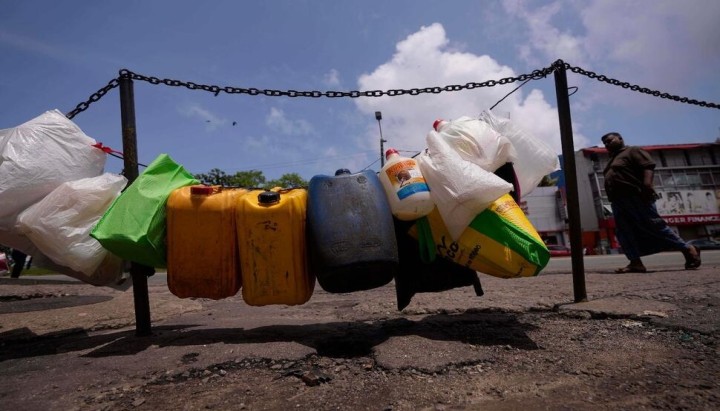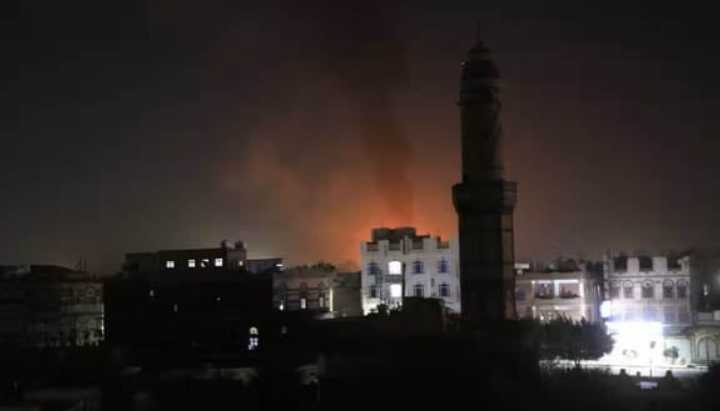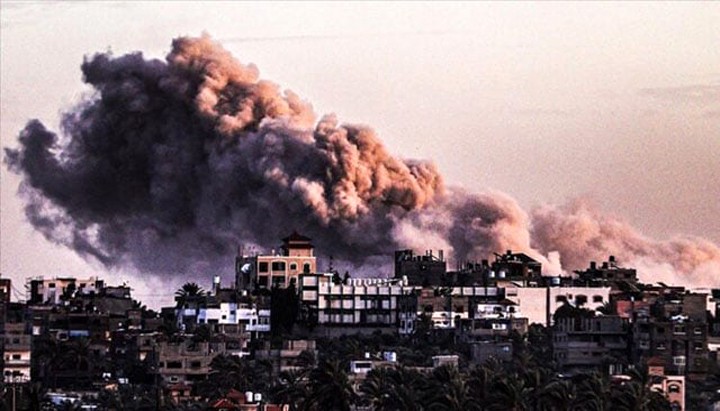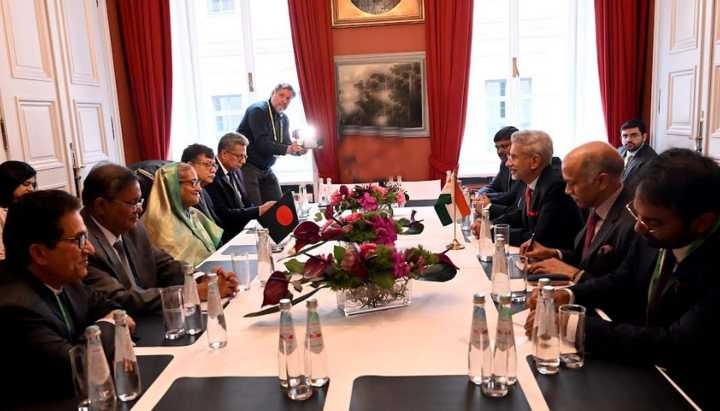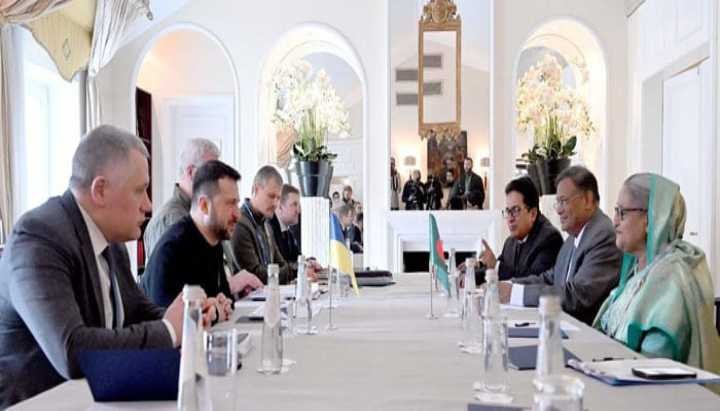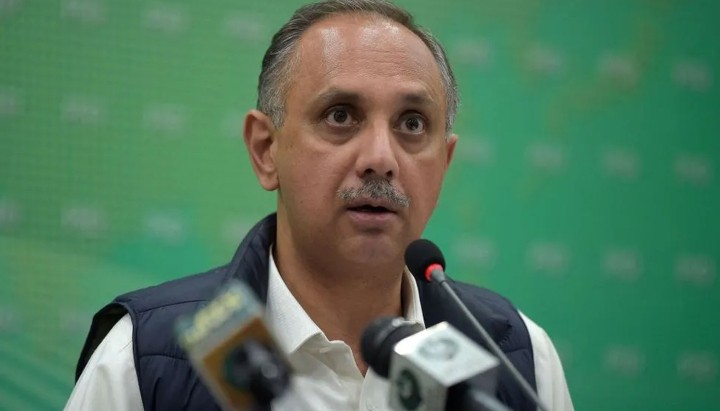It has been nearly three weeks since Ranil Wickremesinghe
took over as prime minister of Sri Lanka with a daunting mandate to pull the
crisis-weary country from the brink of an economic abyss that threatens to tear
it apart.
The five-time prime minister has inherited a nation
barreling toward bankruptcy and saddled with foreign debt so big that it has no
money left for basic imports. Sri Lankans are struggling to access the bare
necessities like food, fuel, medicine, cooking gas and even toilet paper and
matches.
In his new job, Wickremesinghe left little doubt about what
lies ahead. “The next couple of months will be the most difficult ones of our
lives,” he told the nation fed up with long lines, sky-rocketing inflation and
daily protests that seem to be getting out of control.
“We must prepare ourselves to make some sacrifices and face
the challenges of this period.”
Since the May 17 televised speech, the seasoned politician,
who also serves as the finance minister, has begun difficult negotiations with
financial institutions, lenders and allies, and United Nations agencies to fill
the coffers and give some relief to impatient citizens.
He has taken necessary steps like raising taxes and has
pledged to overhaul government that concentrates power under President Gotabaya
Rajapaksa, a model that many believe exacerbated the crisis.
He took over after days of violent protests last month
forced his predecessor, President Rajapaksa's brother Mahinda, to step down and
seek safety from angry crowds at a naval base. Wickremesinghe is due to deliver
a much-awaited speech in Parliament on Tuesday that many hope will showcase a
strategy to fix the crisis.
But time may not be on his side as reforms are slow and
people want results now. He’s also a one-man party in Parliament — the only
lawmaker from his party to hold a seat after it suffered a humiliating defeat
in a 2020 election.
“A person who doesn’t have a political base has an
unprecedented crisis to manage,” said Dayan Jayatilleka, a former diplomat and
political analyst.
Lines to buy fuel and cooking gas have stretched kilometers
(miles) every day, snaking around blocks, with Sri Lankans weathering heavy
rains and scorching heat to buy essential items that cost three times what they
used to. Often, they have to wait days, and many still end up empty-handed.
Jagath Chandana, 43, has been waiting in line on the
outskirts of the capital, Colombo, with a canister to buy cooking gas for two
days. “It has been crazy. We are totally helpless. It seems even Ranil can’t
resolve the crisis. They (politicians) just talk but on the ground level,
people are suffering,” he said.
For over 50 days, protesters have camped outside Rajapaksa’s
office demanding he step down.
They say economic mismanagement, policy blunders like a
hasty ban on imported chemical fertilizers that devastated crops, and a
government stocked with Rajapaksa relatives caused the crisis. At their peak in
power, six Rajapaksas occupied government posts — the crisis has seen the exit
of all except one. The other five still remain as lawmakers.
Sri Lanka has suspended repayment of nearly $7 billion in
foreign debt due this year. It owes $26 billion through 2026 out of a total of
$51 billion.
Foreign currency reserves have diminished to just two weeks’
worth of imports while Wickremesinghe prepares to obtain a bailout package from
the International Monetary Fund. On Thursday, he said any bridge financing will
depend on an IMF agreement and he was hopeful that negotiations would finish by
the end of June. The government is targeting $5 billion for repayments and
another $1 billion to pad up the country’s reserves, Wickremesinghe said last
week.
In such a volatile situation, Wickremesinghe has been able
to bring some transparency and rationality that was lacking in the previous
administration run by the Rajapaksa clan, said Jayatilleka.
But analysts also say it will be difficult for him to
deliver on some of the challenges, especially as he also faces a messy battle
to overhaul the constitution and strengthen the powers of Parliament to bring
in much-needed reforms.
“His proposals are good for medium and long term. But people
want immediate changes to take place and that they don’t see,” said political
analyst Jehan Perera, adding that some see Wickremesinghe as helping Rajapaksa
to stay in power.
In addition to demanding a new president, protesters have
for weeks pushed for a complete revamp of what they say is a broken governance
model.
For nearly 45 years, Sri Lanka has been ruled under a
powerful executive presidential system. After a thumping election victory in
2019, Rajapaksa strengthened the system through constitutional amendments that
further concentrated powers in the presidency — a move that alarmed critics at
the time too.
Wickremesinghe made a key and early pitch to roll back some
of the presidential powers. But such measures will not be easy and will require
not just the approval of the Supreme Court but also a two-thirds majority in
Parliament.
Questions remain whether Wickremesinghe would be able to
push through reforms in the 225-seat Parliament where Rajapaksa’s party holds
the majority. Some opposition parties have already thrown their support behind
the reforms, but Wickremesinghe's sole standing in the chamber could prove a
major drawback. Or it could be an asset.
His party split in 2020 amid a leadership crisis, prompting
most of the senior members to leave and form a new party — currently the
country’s main opposition.
“He has the opportunity of playing the role of a
technocratic prime minister, with his expertise and experience, unconnected to
any political party,” said Jayatilleka.
The size of the protests since Wickremesinghe assumed duties
has also been shrinking. Perera said it is tough for people to sustain the high
momentum but that as long as the economic crisis continues, so will the
demonstrations.
While signs of financial hardship and struggle remain in Sri
Lanka, there is growing hope among some that Wickremesinghe will see them
through the tough times.
“He can’t perform miracles, it will take time to resolve the
crisis because previous ministers have messed up,” said Amila Prasanna, a
carpenter. “He is trying to solve the problems, one by one, and I am sure he
will do something,” he said as he queued up for three days to buy gas.
– AP/UNB


